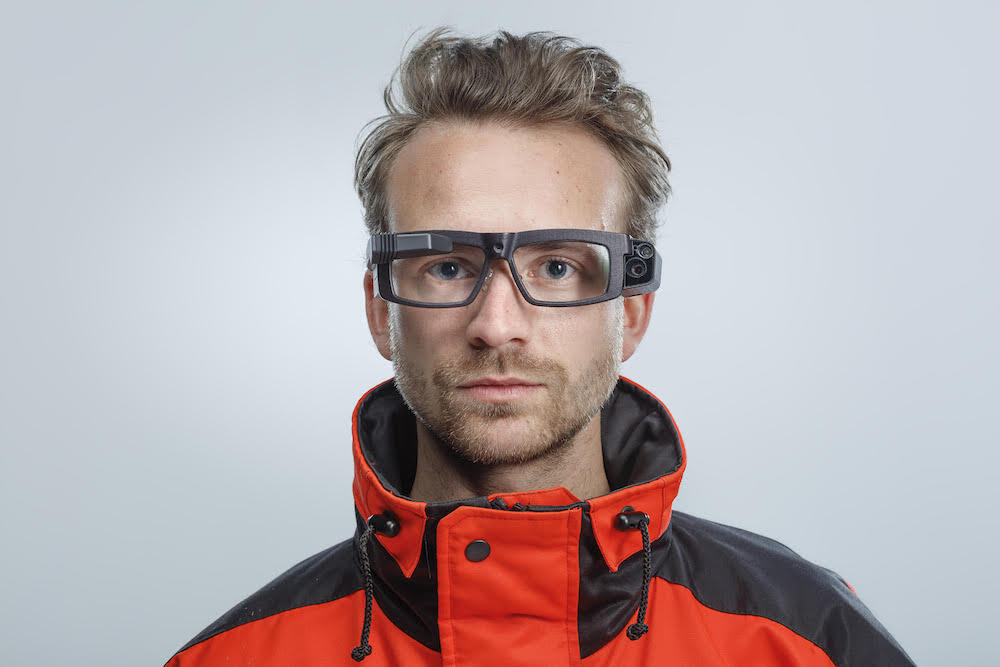The field service industry is going through an unprecedented paradigm shift. The traditional reactive break/fix-model is disappearing due to the effect of 4 forces:
- More information is available, increasing the importance of predictive services (e.g. digital twin via IoT)
- Aging workforce is retiring, leading to a skills gap between experienced and inexperienced employees and risking related experience to disappear. This also increases the demand for distributed knowledge within service teams and the need for shared information, even when not on-site
- Empowering “on-site” teams with the right tools to collaborate remotely decreases intervention times and reduces travel costs for specialized teams. It also reduces annual machine downtime, leading to higher cost-savings.
- Due to the Covid-19 pandemic, workplace safety and increased protocols have become the norm. Businesses were forced to reevaluate what work could be done remotely to keep employees healthy and reengineer field service workflows with social distance in mind.

Remote assistance best practices within field services
To ensure valuable knowledge is being shared, Smart glasses are being introduced in the field service industry at warp speed. With remote assistance, experts can follow interventions in real-time from wherever they are and resolve problems remotely. This trend was already visible in 2019 and early 2020, when iristick has supported early adopters in their pilots with remote interventions and inspections guided by centralized expert teams. But the Covid19 pandemic has put pressure on the entire industry. Every one of us had to overcome travel, access and lock-down restrictions.
And while 2020 showed a lot of ad-hoc approaches, some best practices are emerging within our customer base:
Plan to standardize the use of “remote tools”. More successful companies make “remote tools” part of the standard equipment of their service teams. Smart glasses are the best tools for handsfree work when faced with a maintenance intervention that requires additional guidance from a colleague, a remote expert or a supplier. As travel restrictions and social distancing have been imperative due to Covid-19, enabling instant remote support from an expert has been a lifesaver.
Increase First Contact Resolution: Diagnose complex issues on the first call. Enable customer support agents to triage problems during initial contact. To do so, empower field workers with the assistance of robust triage tools such as smart glasses that understand every customer and their equipment, and enable intelligent service recommendations.
“remote assistance” is considered a competitive advantage and is presented as such to end-customers. The possibility to reduce intervention times, increase 24/7 access to experts, provide bite-size info to on-site teams (e.g. past intervention history) and allow (continuously) optimized digital workflow…. are all benefits that are unlocked by the use of smart glasses.
Integrate with standard privacy and security infrastructure. “Remote assistance” today is the most dominant use case for field services. The use of smart glasses technology obviously raises valid privacy and security concerns by end-customers. By integrating with existing, well-accepted privacy and security infrastructure, Iristick has been able to speed up the adoption of smart glasses, resulting in ongoing operations, even amidst the pandemic.
It is clear that Covid19 accelerated a continuing paradigm shift within this industry. From a break/fix model to a more omnipresence service workforce and from prevention to remote assistance.